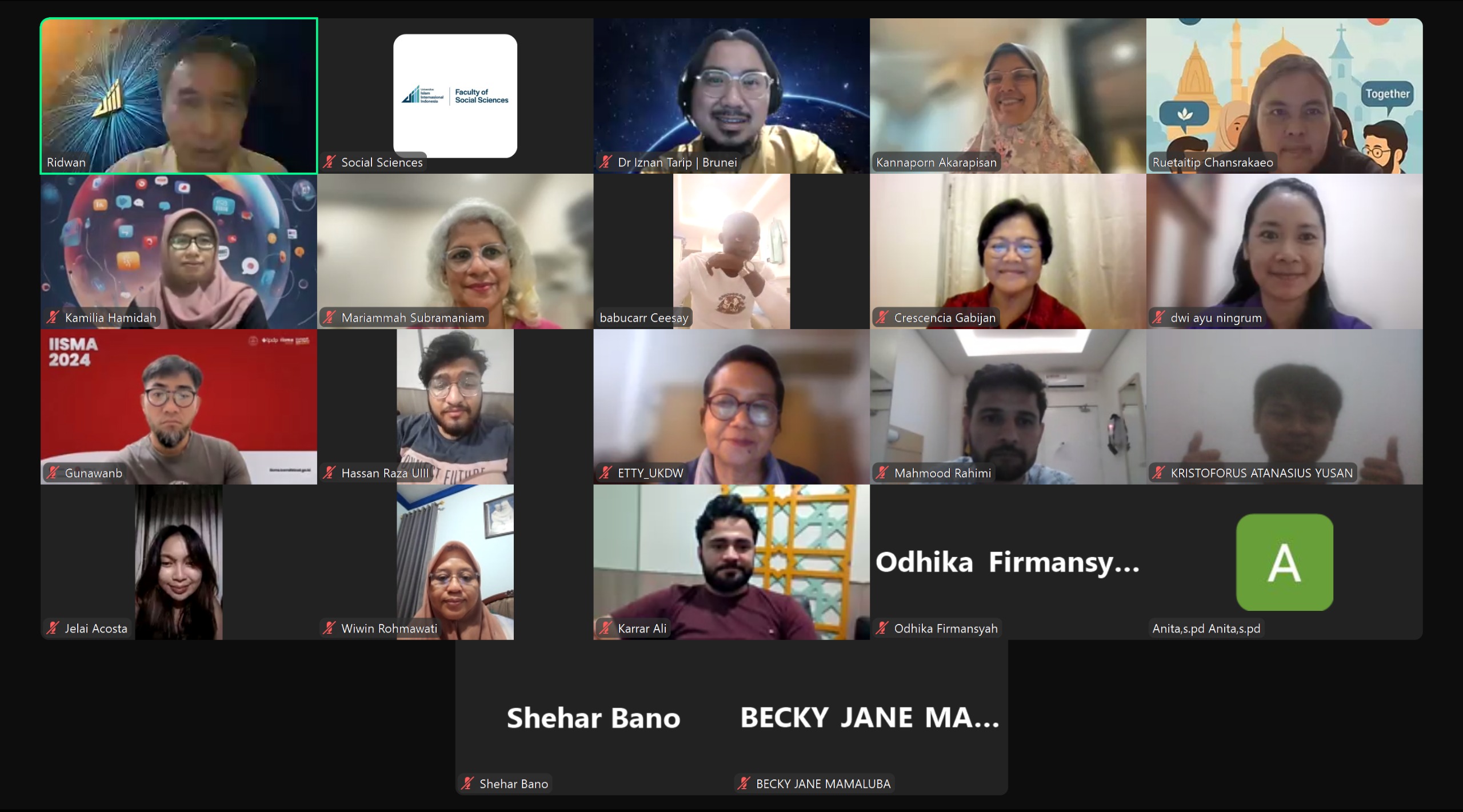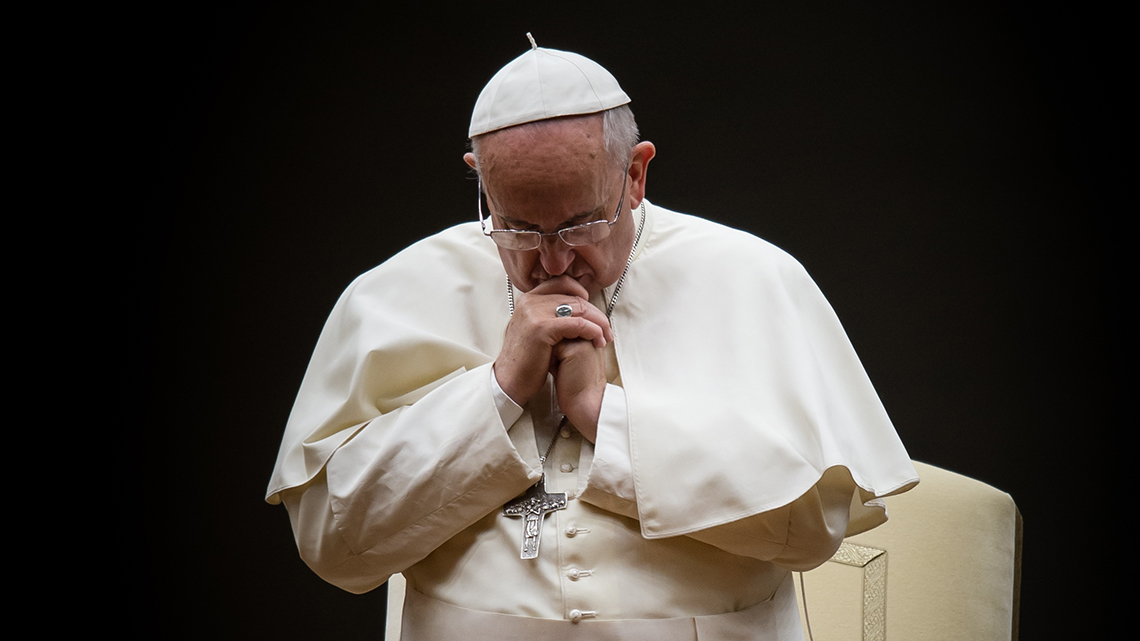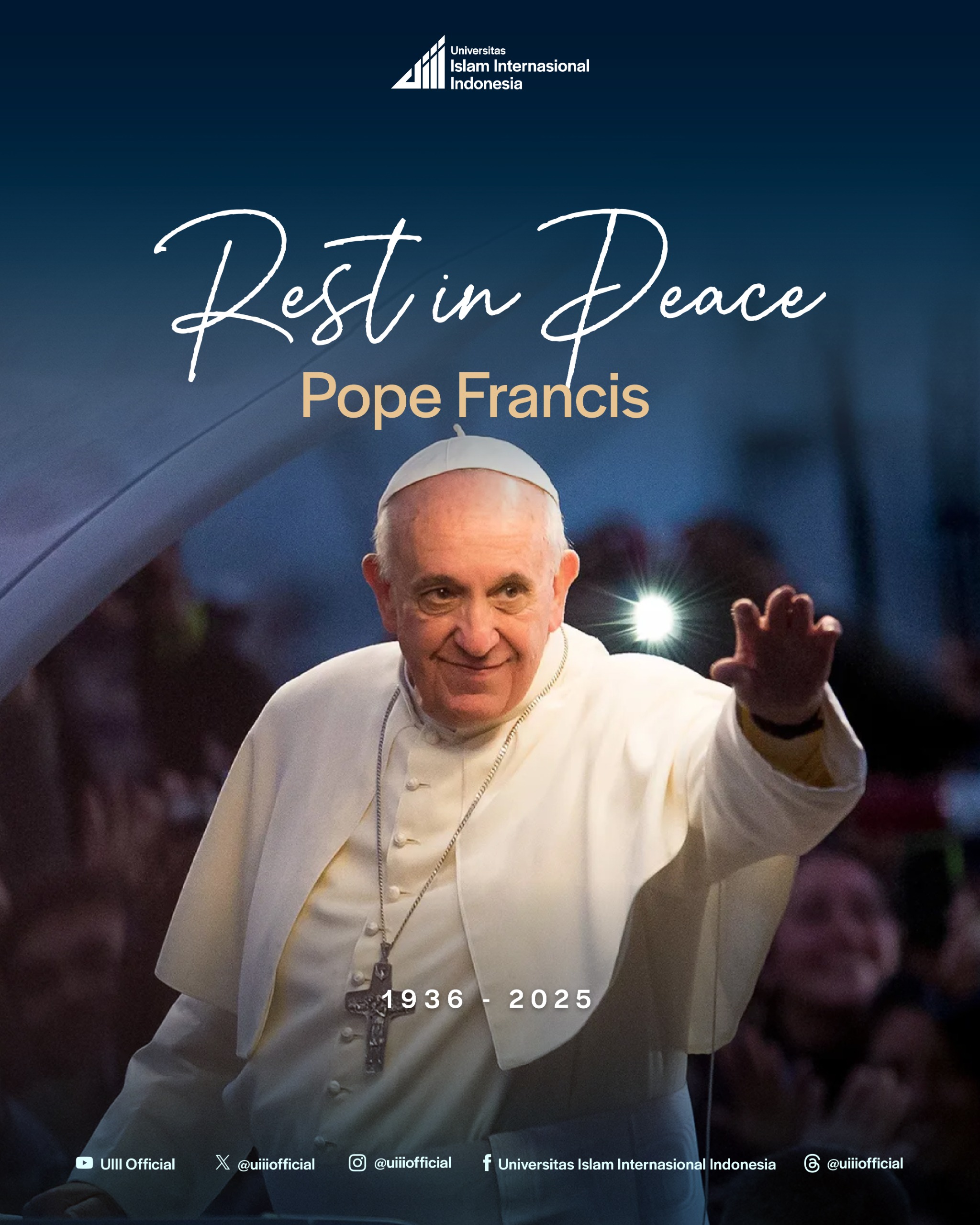

DEPOK — When Pope Francis died on April 21, 2025, at 88, the world lost a voice that spoke from the Vatican’s grand halls to the edges of war-torn lands, calling for peace, fairness, and a healthier planet. For 12 years, this son of Argentine immigrants, born Jorge Mario Bergoglio, led the Catholic Church not as a far-off leader but as a friend to the poor, the displaced, and the overlooked.
As an Indonesian Muslim, I grieve for a man whose courage crossed faiths, reflecting the shared call to kindness and responsibility found in Islam and beyond.
Francis was no ordinary pope. His leadership, rooted in humility, reshaped the Vatican’s role in a divided world. In 2015, he wrote Laudato Si’, a powerful letter calling the environmental crisis a moral failure: “The Earth, our home, is beginning to look more and more like an immense pile of filth.” By 2023, he warned that humanity “may be nearing a breaking point,” rejecting climate denial as unacceptable. His push for a greener world connects with the Islamic idea of khalifah—our duty to protect God’s creation.

His stand against war was just as firm. “War is a defeat,” he said in 2023 as Gaza suffered anew, later calling Russia’s attack on Ukraine a “river of blood and tears.” In Iraq in 2021, he stood among ruins and said, “Hostility, extremism, and violence are not born of a religious heart: they are betrayals of religion.” From a hospital bed in 2025, he mourned Israel’s airstrikes, begging for peace. His words reflect the Qur’anic call to salam, showing faith should mend, not break.
In Indonesia, Francis left a lasting mark during his visit from September 3 to 6, 2024. On this state and pastoral trip, part of his apostolic journey across Asia and the Pacific, he met with national leaders and faith figures, including Prof. Nasaruddin Umar, the Grand Imam of Istiqlal Mosque and now Indonesia’s Minister of Religious Affairs. Their meeting, a powerful symbol of Christian-Muslim friendship, strengthened interfaith ties in a nation of diverse beliefs. His warm presence and call for harmony inspired communities, fostering hope and cooperation that continue to shape Indonesia’s commitment to unity.

Francis saw the humanity in migrants, urging Congress in 2015 to “see their faces, hear their stories.” He called border walls cruel and said in 2016, “It is hypocrisy to call yourself a Christian and chase away a refugee.” His care recalls Islam’s value of welcoming others, as the Prophet Muhammad did for those in need. He spoke boldly against unfair wealth. “Unrestrained economic liberalism only strengthens the strong and marginalizes the weak,” he said in 2013, dreaming of markets that serve people, not control them. His ideas align with Islamic teachings on fairness, where charity (zakat) fights greed.
While keeping Church rules on women’s roles, he valued their strength, saying in 2022, “A society that does not make room for women will not move forward,” echoing the Qur’an’s view of equal worth. Francis wanted a “poor Church, and for the poor,” choosing service over splendor. His changes, he joked, were like “cleaning the Sphinx with a toothbrush.” He saw science, like evolution, as God’s work, not magic. Yet he stayed human, saying, “The Pope is an ordinary person—laughing, crying, sleeping soundly,” even under great responsibility.
In Indonesia, a land of many faiths, Francis’s outreach—like his 2022 speech in Kazakhstan—shows a path to unity. His death leaves an ache, but his call lives on: to heal our planet, stop our wars, and build a world where fairness is love in action.
Universitas Islam Internasional Indonesia